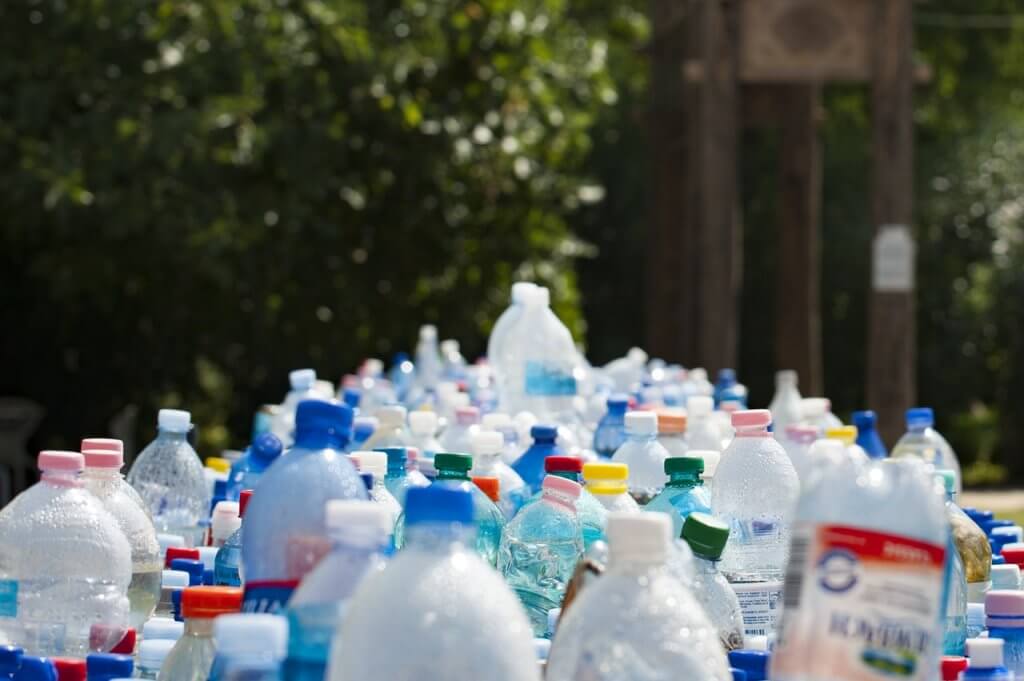New fitness trend helps your body—and the environment—stay healthy
Plogging is a Swedish fitness trend that combines jogging with picking up public trash. Environmentalist Erik Ahlström is one of the main figures of the moment and is also the founder of Plogga—an organisation bringing awareness to the environmental impacts of litter while inviting people to join its community of ploggers.
Plogging—a combination of the Swedish verbs “to pick” and “to jog”—is a movement that hopes to bring awareness to the global littering problem, which has devastatingly long-lasting effects. For example, it takes 20-25 years for a small piece of gum to break down and an astounding 450 years for a PET plastic bottle to do so. Because it takes so long for litter to break down, a lot of it ends up in the sea. And, if we don’t act now, our oceans will contain more plastic than fish in 2050.
One of the main issues that plogging seeks to address is the self-reinforcing nature of littering, meaning, people are more likely to litter in an environment that is already littered in. Ahlström and the other plogging ambassadors hope that, by picking up trash during their jogs and placing it in the nearest bin, they can help create a baseline level of public cleanliness which will dissuade people from littering in the first place.

Since you’re periodically bending down to pick up trash along your route, plogging is also a great workout that combines the benefits of running with those of squats. It’s also not exclusive to running: Plogga encourages everyone to integrate trash pick-up into their workouts, from skateboarders to paddlers.
Plogga is also trying to eliminate the taboo around picking up someone else’s trash, and they encourage people to do this in a sanitary way by wearing gloves. Social media might be a powerful tool to normalise plogging: You can already find over 600 Instagram posts under #plogging and more than 900 for #plogga, and Plogga has over 2,000 likes on Facebook.
The ambassadors at Plogga organise events, such as visiting schools and educating youth about the environment, and work with municipalities to create junk-free zones, as well as with media outlets to spread the word.
“Like” Plogga’s Facebook page to learn about events happening in your city.

